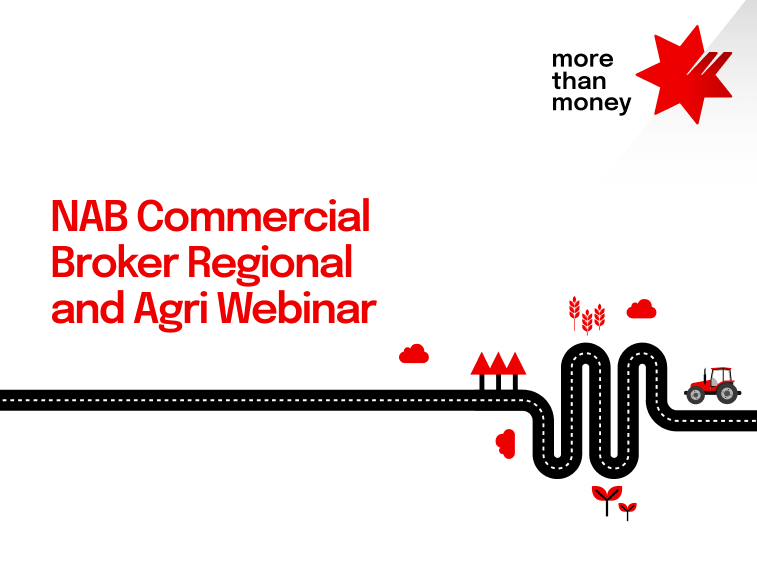An exclusive webinar to help you deliver the best outcomes for your R&A business. Watch now.


Webinar
Teys Australia has invested in four wastewater treatment plants, which are significantly reducing its greenhouse gas emissions and resulting in a major reduction in the beef processor’s reliance on fossil fuels.

Teys Australia has invested $60 million to reduce its carbon footprint and reliance on fossil fuels, cutting around 113,000 tonnes of carbon emissions every year.
Teys Australia, the second largest beef processing and cattle feeding company in Australia, has invested $60 million in upgrading its wastewater treatment plants at Tamworth, Wagga Wagga, Beenleigh and Rockhampton. The changes cut around 113 thousand tonnes of equivalent carbon emissions annually from the atmosphere, which is the same as removing 38,000 cars from Australian roads every single year.
Teys employs more than 4500 staff across its 10 operational locations including six processing facilities Australia-wide, dealing with more than 5000 cattle per day. The domestic market is its largest by volume, but Teys also exports Australian beef to the US, South Korea, Japan, China and other global markets.
While the Australian beef production industry is traditionally resource-intensive, requiring the use of a lot of water and energy to meet regulatory standards set by food authorities, the results achieved by Teys proves it can be sustainable.
Market trends are confirming Teys internal strategic direction, which places emphasis on sustainability’s increasing importance for its customers, according to Charles Hollingworth, the Group Manager of Corporate Affairs and Environment at Teys. “Our research also shows customers are more willing to work with companies committed to improving social and environmental outcomes,” he says. “Australian beef production can continue to improve its performance and do more with less. Our aim is to use less energy and water in our operations, create a more efficient business and prove sustainability makes good business sense. Not only do these investments deliver an impressive reduction in GHG emissions, but they also allow the business to increase recycled water usage, substitute fossil fuels with renewable energy generated on site, and better automate our wastewater treatment systems.”
At the 2015 Queensland Premier’s Sustainability Awards, Teys picked up two awards – the Premier’s Award and the Business Eco-efficiency Award – for its wastewater treatment systems at Beenleigh and Rockhampton.
Teys’ journey to sustainability
Planning for the upgrades to the Tamworth plant began in 2010 with an ambitious agenda to drive environmental efficiencies through reducing nutrient levels in the wastewater, enhance water treatment processes, improve energy efficiency and increase renewable energy use. Construction finished in 2012 with Covered Anaerobic Lagoons (CALs) allowing for methane biogas to be captured as a by-product of the wastewater treatment. The biogas is then used to generate renewable energy for the facilities, significantly reducing greenhouse gas emissions.
To achieve these treatment standards, Teys Australia became the first in the industry to use the Biolac Biological Nutrient Removal system. A by-product is a nutrient rich soil conditioner that can be used to improve soil fertility and reduce the reliance on non-renewable agricultural fertilisers. This has created another revenue stream, and partnership opportunity as Teys sells it to local farmers at a discount rate.
Teys replicated the technology at the Wagga Wagga plant in 2013. The latest plant to be upgraded is the $24 million upgrade of the Lakes Creek plant in Rockhampton.
“The high-quality treated wastewater stream is discharged into the Fitzroy River system,” says Hollingworth. “So that major improvement and the significant reduction in nutrient loads, which exceed the permit conditions, translates to an improved quality of water for the direct benefit of our most important environmental assets.”
As well as reducing the amount of fossil fuels needed to help power the boilers to 30 percent of the total, the plant enables the recycling of water, cutting both water consumption and wastewater discharge.
“Through the biological nutrient removal process, we’ll be able to re-use up to one megalitre a day of water which amounts to a significant economic and environmental saving,” says Hollingworth.
Community consultation
The road to sustainability is driven by a broad team across Teys with staff from engineering, safety, environment and site management playing an active role in championing the projects. The planning phase also involves dialogue with relevant regulatory and planning agencies and stakeholders.
Another positive aspect of the new technology is that CALs fully capture biogas, which means the methane-rich biogas previously emitted to the atmosphere, is now captured and re-used as a renewable source of energy. The local community has welcomed this because it reduces the strong odours of the uncovered ponds. The local community has been consulted on each of the projects with community information evenings held for people to ask questions or raise any concerns.
“That’s an opportunity to work directly with the community and incorporate any queries or adjustments needed to meet the satisfaction of the community, into our design process,” says Hollingworth. “For example, the Rockhampton facility is near land covered in vegetation and the community lodged an enquiry about the risk of bushfires, so we installed an additional automated and remotely controlled control system to provide another protective measure in the event of a fire from the surrounding area.”
Sustainability efforts across the industry
He’s encouraged to see other beef manufacturers making similar efforts to become more sustainable.
“We are very proud that Teys is a real champion of new and innovative technology that will improve the sustainability of not just our business, but the performance of our whole industry,” he says.
Summary of advantages
More from NAB
© National Australia Bank Limited. ABN 12 004 044 937 AFSL and Australian Credit Licence 230686.